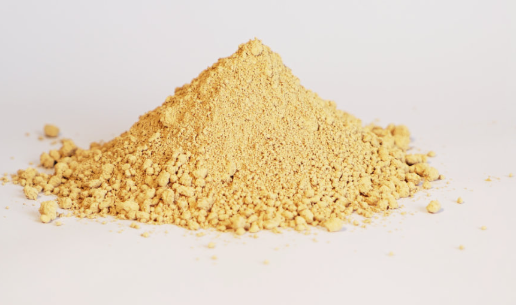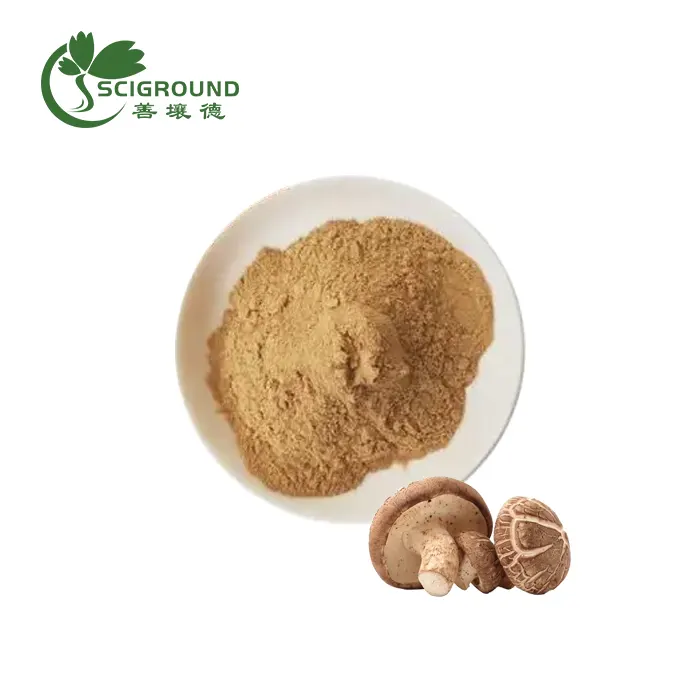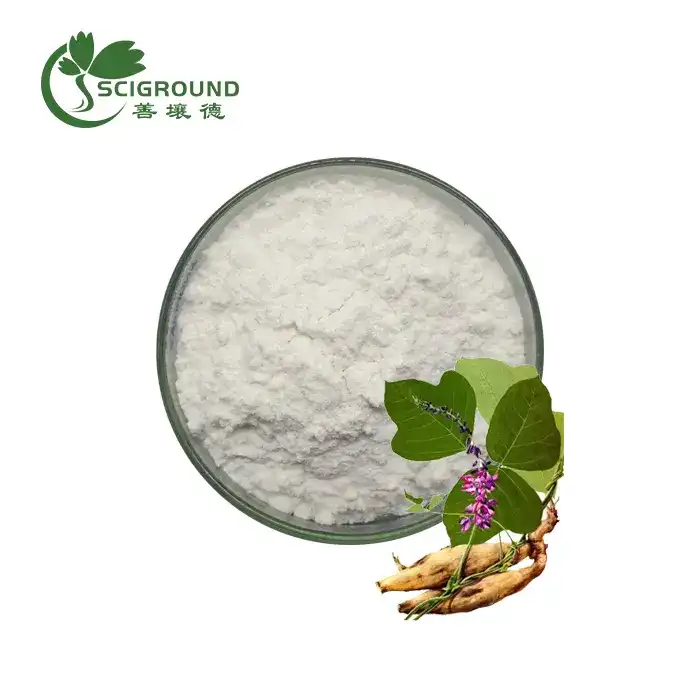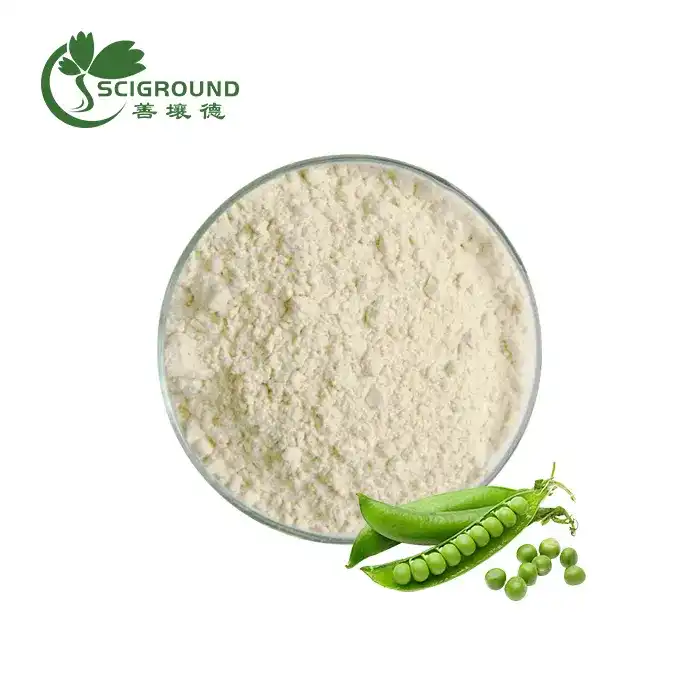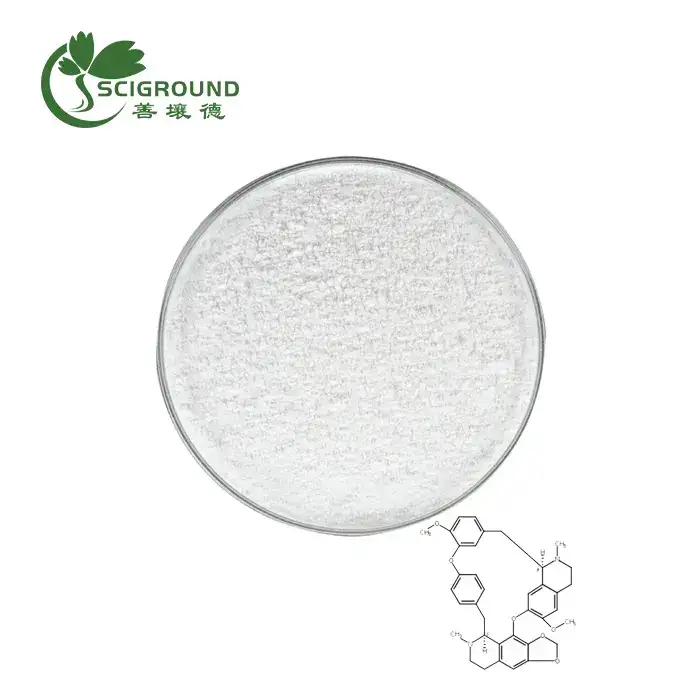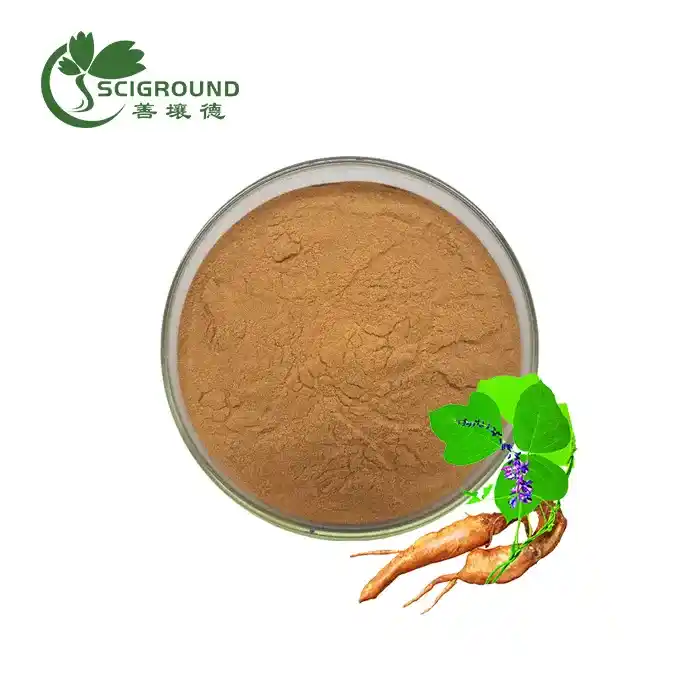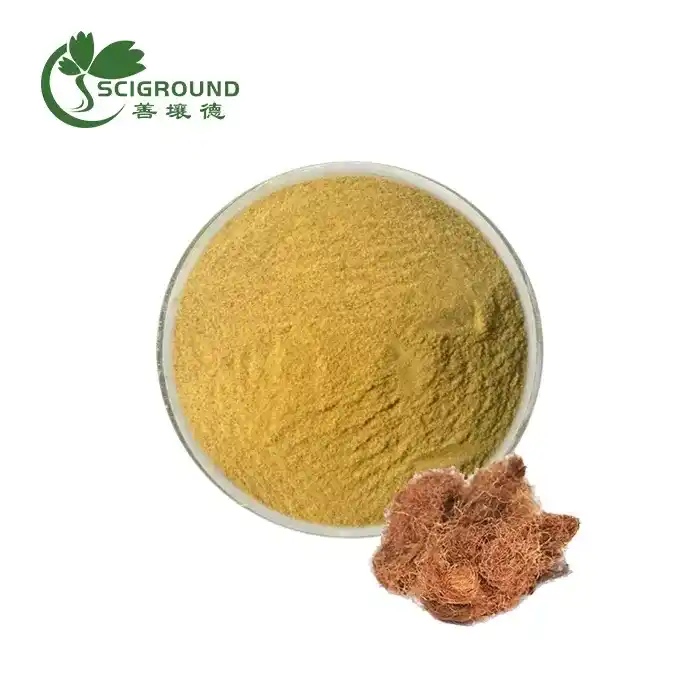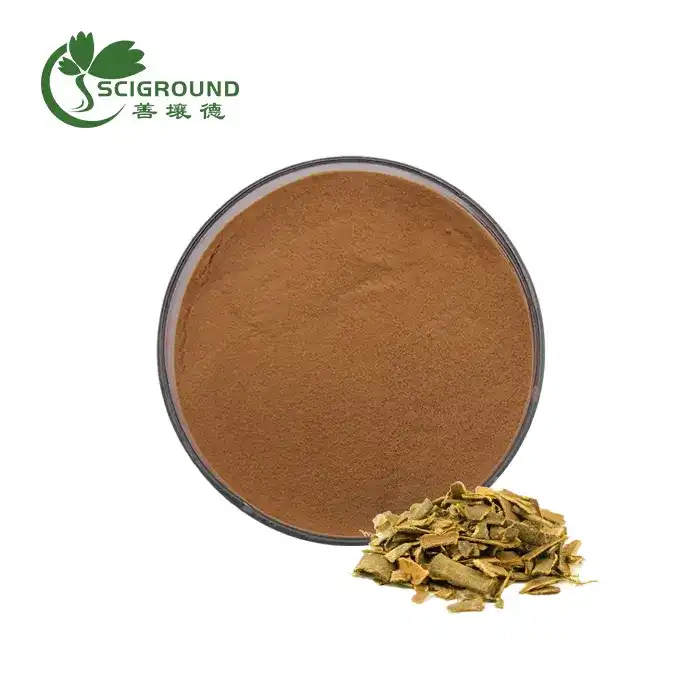Tannin Acid
Specification: Food Grade 96%; Industrial Grade 81%
Appearance: Light yellow to light brown powder
Variety:Gallnut Extract
Part:Seed
Extract Method:Solvent Extraction
Test Method:UV/HPLC
Delivery: 7-9 working days
Certification: SC, ISO9001, IS22000, HALAL, KOSHER
Package: 1-10kg (aluminum foil); 25kg ( paper drum)
Sample: Free Sample Available
MOQ: 1-5kg Support
15 years’ experience in the natural plant extracts industry
Product Description
What is Tannin Acid?
Tannic acid is a type of polyphenol compound known as a tannin. Its structure contains multiple phenol groups, which give tannic acid its weakly acidic properties. Though commercial tannic acid is often labeled as having the molecular formula C76H52O46, corresponding to the compound decagalloyl glucose, it is actually a mixture of different polygalloyl glucoses or polygalloyl quinic acid esters.
The number of galloyl moieties per powdered tannins molecule can range from 2 to 12 depending on the plant source. Common plant sources used to extract commercial tannic acid include tara pods (Caesalpinia spinosa), Chinese gallnuts (Rhus semialata), Turkish or Chinese nutgalls (Quercus infectoria), and Sicilian sumac leaves (Rhus coriaria). So in summary, tannic acid refers to a class of polygalloyl glucose or quinic acid derivatives with varying numbers of galloyl groups that are extracted from certain plant sources for commercial use.
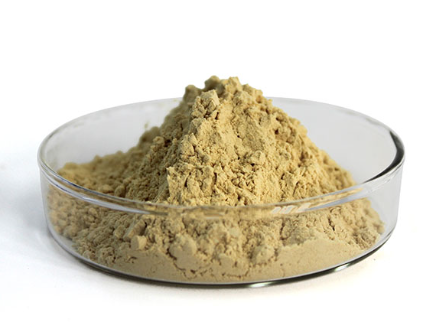
COA:
ANALYSIS | SPECIFICATION | RESULTS |
Industrial Grade Tannic Acid (Dry Basis) | ≥81% | 81.28% |
Appearance | Amorphous Light brown powder | Complies |
Odor | Practically odourless | Complies |
Taste | Neutral/slight astringent taste | Complies |
Water Insoluble % | 0.6 max | 0.3 |
Loss On Drying | <9.0% | <8.0% |
Color (Luo Weibang units) | 2.0 max | <2 |
Heavy Metal % | <0.004 | <0.004 |
ANALYSIS | SPECIFICATION | RESULTS |
Food Grade Tannic Acid (Dry Basis) | ≥96% | 96.20% |
Appearance | Amorphous Light brown powder | Complies |
Odor | Practically odourless | Complies |
Taste | Neutral/slight astringent taste | Complies |
Solubility | Very soluble in water | Complies |
Loss On Drying | <9.0% | 8.09% |
Residue On Ignition | <1.0% | 0.51% |
Arsenic | <3.0PPM | Complies |
Lead | <2.0PPM | Complies |
Heavy Metal | <20.0PPM | Complies |
Resins Test | No turbidity | Complies |
Gums, Dextrin Test | No turbidity | Complies |
Gallic Acid | <4.0% | 2.75% |
Microbiological | ||
Total Plate Count | 1000cfu/g Max. | GB 4789.2 |
Yeast & Mould | 100cfu/g Max | GB 4789.15 |
E.Coli | Negative | GB 4789.3 |
Staphylococcus | Negative | GB 29921 |
Hg | <0.1ppm | AAS |
Cd | <1ppm | AAS |
Microbiological profile: | ||
Total plate count | <1000Cfu/g | GB 4789.2 |
Yeasts and molds | <100Cfu/g | GB 4789.15 |
Coliforms | Negative/g | GB 4789.3 |
E.coli | Negative/g | GB 4789.38 |
Salmonella | Negative/25g | GB 4789.4 |
Staphylococcus aureus | Negative/10g | GB 4789.10 |
Tannin Acid Benefits
Treating Diarrhea
Tannic acid has historically been used to treat acute and chronic diarrhea. Its astringent properties can help normalize intestinal fluid secretion and absorption. Oral doses of tannic acid were used to manage diarrhea stemming from inflammatory bowel diseases like colitis.
Treating Burns
Topical application of powdered tannins was once a common first aid treatment for minor burns, abrasions, and sunburns. When applied to the skin, tannic acid forms a protective leathery coating that can ease pain and stimulate healing of damaged tissue.
Treating Rectal Disorders
Rectal administration of diluted tannic acid was historically used as a treatment for certain rectal diseases and hemorrhoids. It is presumed that tannic acid had an astringent effect on inflamed rectal mucosa, reducing secretions and bleeding.
In summary, tannin powder had some limited uses historically before modern medical treatments became available. However, it also posed risks of tissue irritation and damage. Safer and more effective alternatives have superseded tannic acid's role in medicine.
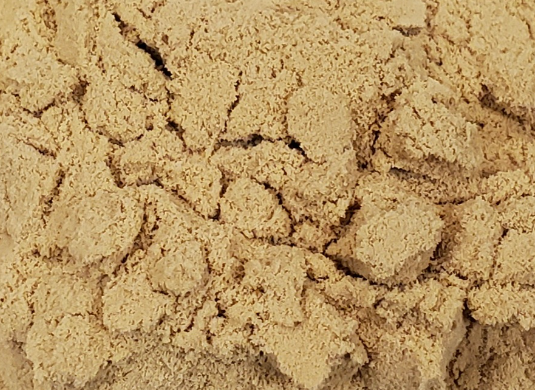
Tannin Acid Application
Use in Food
In many parts of the world, tannic acid is permitted for use in foods. In the United States, the Food and Drug Administration generally recognizes tannic acid as safe for foods including baked goods, beverages, dairy products, candies, meats, and fats.
Uses as a Medication
Historically, tannic acid was used in conjunction with magnesium and sometimes activated charcoal to treat certain toxic poisonings, including from strychnine, mushrooms, and spoiled foods in the late 19th and early 20th century.
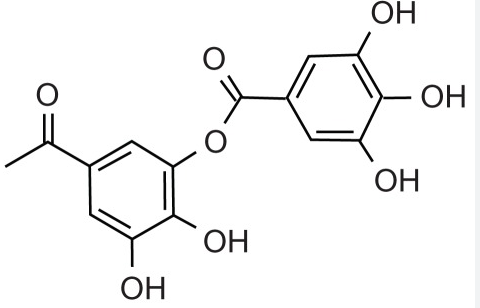
Where to Buy Tannin Acid?
Sciground bio is professional dihydromyricetin manufacturer and supplier, it has factory wholesale price and can guarantee product quality and is with good service.
If you are interested in, you can email at info@scigroundbio.com or submit your requirement at bottom form.
Our Certificate

Our Factory

Hot Tags: tannin acid,powdered tannins,tannin powder,China, manufacturers, GMP factory, suppliers,quote,pure,factory, wholesale, best, price, buy, for sale, bulk, 100% pure,manufacturer,supplier,distributor,free sample,raw material,wholesale price.
Send Inquiry

